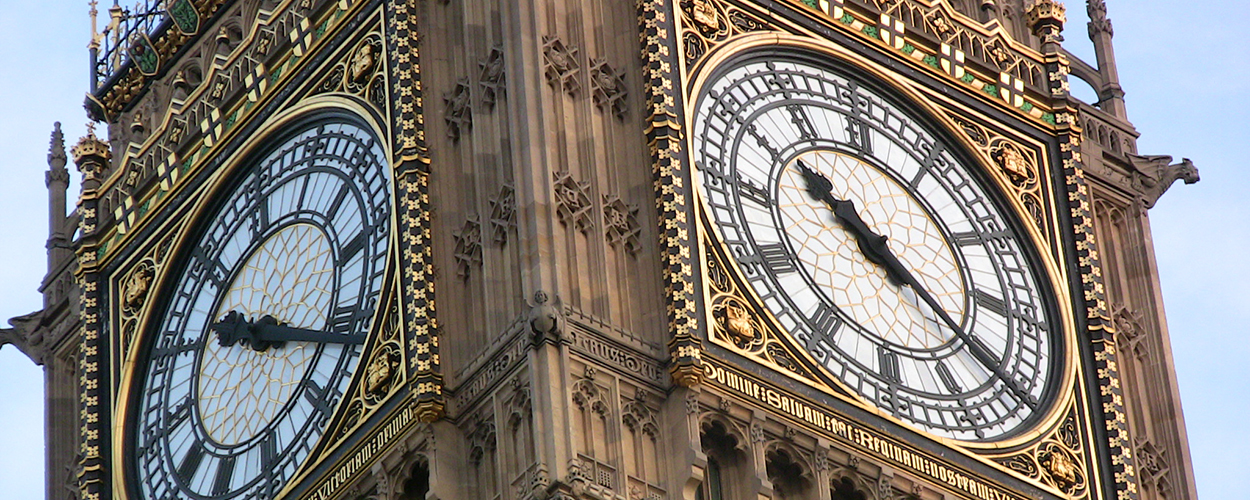This website uses cookies so that we can provide you with the best user experience possible. Cookie information is stored in your browser and performs functions such as recognising you when you return to our website and helping our team to understand which sections of the website you find most interesting and useful.
Business News Labels & Publishers Legal
Labels expected to argue against ER on streams at tomorrow’s select committee hearing
By Chris Cooke | Published on Monday 18 January 2021

The proposal that so called equitable remuneration be paid on streams is likely to be a big talking point again tomorrow in the third oral hearing as part of the inquiry into the economics of streaming by the UK Parliament’s culture select committee.
While there remains plenty of online criticism of the big streaming services themselves over the royalties that they pay, at the previous two oral hearings as part of the select committee’s inquiry most attention has focused more on how the music industry slices its digital pie. Which is to say, the focus hasn’t really been on how much money Spotify et al pay into the music industry, but rather how that money is then shared out between labels, publishers, artists and songwriters.
The narrative to date has been that record labels take too big a slice of the digital pie, both in terms of how monies are split between the recording rights and the song rights, and how labels share recording royalties with artists.
The latter, of course, depends entirely on the deal that has been done between the label or distributor and the artist.
The share the artist receives can vary hugely, from about 5% to 100%. The artists at the lower end of that massive royalty bracket are likely earning from older record deals signed long before streaming was a thing, and how those legacy record contracts have been applied to digital has been repeatedly criticised during this inquiry.
Some of those who argue that artists – and especially those currently on the lower royalty rates – should get a bigger slice of the digital pie have proposed equitable remuneration as a way that Parliament could make that happen.
ER is a system that already applies to things like radio and public performance. It’s a principle via which all artists – including session musicians – are automatically paid a share of monies generated by radio and public performance licences at industry standard rates. In the main, ER does not currently apply to streaming.
On one level ER would be a simple way to ensure all artists get a minimum payout when their music is streamed, oblivious of whatever their individual record or distribution deals may say. But on another level, it’s a rather complicated simple solution. Which might sound like a contradiction in terms, but remember, we are talking about music licensing here. Simple things are always complicated.
Most labels oppose the idea of ER on streams. And tomorrow it’s the turn of major record companies to speak before the select committee, meaning MPs will hear for the first time the official arguments against such an approach.
Though we pretty much know what those arguments will be. Partly because they were presented when the Music Managers Forum staged its digital dollar roundtables a few years ago, and the labels’ position hasn’t really changed since then. And partly because the labels have been officially and unofficially communicating their position ahead of tomorrow’s select committee hearing.
Speaking to the Mail On Sunday, one major label source said: “If regulations order streaming platforms to pay artists a specific share, we would have less to invest in breaking new artists and the platforms may put up subscription costs”.
Meanwhile, the boss of record label trade group BPI, Geoff Taylor, told the newspaper: “Introducing new regulation to a successful and growing music sector would threaten to reduce the value of the UK music business, undermine investment into new talent and new music – leaving fans and artists worse off – and reduce the UK’s global competitiveness”.
It remains to be seen how those arguments hold up when David Joseph from Universal Music, Jason Iley from Sony Music and Tony Harlow from Warner Music log on to the select committee hearing tomorrow.
Before the major label bosses speak, MPs will hear from the CEOs of UK collecting societies PRS and PPL, Andrea Martin and Peter Leathem respectively.
The ER debate puts PPL into an interesting position, because it administers the ER system in the UK. Applying ER to streams poses an assortment of questions that really need to be answered before any extension of equitable remuneration to digital takes place, and PPL is best placed to consider, research and answer those questions.
However, although also representing performers, PPL is ultimately owned by the labels. So quite how keen it will be to take on that task, if MPs suggest that it should, remains to be seen.
So, all in all, as select committee hearings go, tomorrow could make for interesting viewing.





